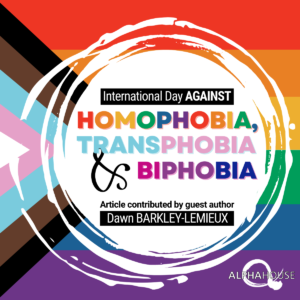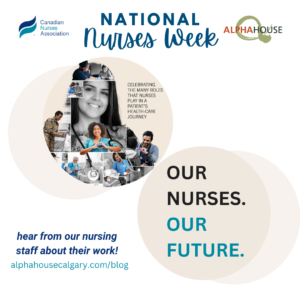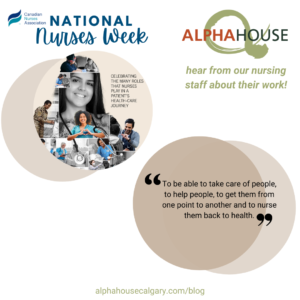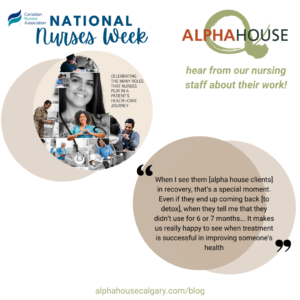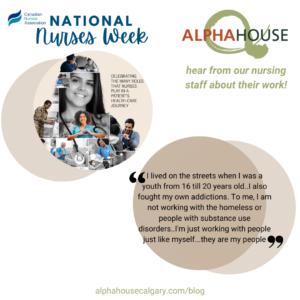International Day Against Homophobia, Transphobia, and Biphobia
Shaundra Bruvall | May 17, 2023
Standing Against Homophobia, Transphobia and Biphobia
By Dawn Lemieux
Canada is becoming increasingly diverse. According to Statistics Canada, one million Canadians identify as belonging to the 2SLGBTQ+ community (2022). While Canada has made moves toward equality, such as same-sex marriage and new protections for gender identity and expression written into the Canadian Human Rights Act, we still have a long way to go in combatting the homophobia, transphobia, and biphobia that is prevalent in society, schools, and other institutions.
Statistically, 2SLGBTQ+ people experience real danger on a daily basis since they are more likely to be physically or sexually assaulted or to sustain injuries as a result of aggression than those who are not 2SLGBTQ+. Alarmingly, 59% of 2SLGBTQ+ people in Canada have been physically or sexually assaulted since age 15, a drastically larger proportion than their cisgender and heterosexual counterparts (Statistics Canada, 2022). Homophobia, transphobia, and biphobia can also take on more subtle forms of discrimination, including microaggressions and online harassment. Folx with intersecting identities, particularly those from racialized groups, can face double or triple forms of discrimination. One of the most vulnerable groups in our society are 2SLGBTQ+ youth who make up between 25% and 40% of unhoused youth in Canada (Statistic Canada, 2022). Whether overt or subtle, all forms of discrimination have negative and lasting implications on an individual’s mental health and well-being. When a person’s mental health and wellness declines, they are more likely to turn to alcohol and other substances to cope with feelings of stress, anger, loneliness, and sadness.
May 17th marks the International Day Against Homophobia, Transphobia, and Biphobia. On this day, people around the world band together to celebrate diversity, disrupt hate, and stand against injustice toward 2SLGBTQ+ people. Everyone deserves to be treated fairly and to live a life free of fear. What next steps can you take to help create a safer, more inclusive society?
- Commit to developing a critical consciousness. Begin by reflecting on your own positionality in relation to dominant culture and the power and privilege that comes from your identity markers. An essential part of becoming more critically conscious is understanding that everyone has prejudices or biases due to the stereotypes they’ve absorbed during their upbringing and through consuming media. These prejudices are not always conscious, and it takes real work to unpack them in order to identify misconceptions about folx from the 2SLGBTQ+ community. You can also commit to learning more about the International Day of Homophobia, Transphobia, and Biphobia and 2SLGBTQ+ identities by browsing the resources on https://may17.org. Learn more about queer topics by exploring books, shows and documentaries, and podcasts by people from the community. Consider grabbing a friend or two to attend Calgary’s queer film festival in June, hosted by the Calgary Queer Art Society.
- Break free of your comfort zone. In an increasingly divided society, it can be tempting to stay quiet and take a neutral stance when complex issues come up in conversation or when you witness an act of discrimination. Remember that standing against injustice is almost never a comfortable experience. Bravely challenge hate-filled comments by reorienting them to focus on equality and equity. Staying silent is what allows injustice to continue.
- Break down binaries and use inclusive language. It often seems that we live in a ‘two-choice’ society, where binaries such as hot/cold, up/down, Black/White, male/female, and gay/straight are the norm. Embrace fluidity by bending, blurring, or breaking society’s binary codes and welcoming words, actions, and people who do not fit neatly into categories. Language matters! A simple way to use inclusive language and help others feel safe and validated is by respecting their pronouns. Do not feel overwhelmed by the terminology related to gender identity and sexual orientation. If you aren’t sure about a person’s pronouns – just ask. A thoughtful way to go about this is to share your pronouns first. Do not use the term ‘preferred pronouns’, as it suggests that using a person’s pronouns is optional. If you make a mistake with a pronoun, apologize quickly, and move on.
- Celebrate the heroes of equality-seeking groups and observe days of awareness. Take time to learn about and acknowledge 2SLGBTQ+ leaders and heroes of past and present, such as Harvey Milk, and pay tribute to the important days of awareness for the 2SLGBTQ+ community, including the International Day of Trans Visibility (March 31st) and the International Day Against Homophobia, Transphobia and Biphobia (May 17th).
- Consider donating to 2SLGBTQ+ organizations and charities. Calgary’s End of the Rainbow Foundation is one organization that creates sponsorship circles, hosts support groups, and provides education to help 2SLGBTQ+ people settle into their homes and communities. Donations to the End of the Rainbow Foundation directly assist 2SLGBTQ+ people, including refugees, in emergency scenarios to obtain safety and support. Check out https://endoftherainbow.ca for more information.
When we embody love and acceptance, we can disrupt the intolerance, discrimination, and violence directed toward 2SLGBTQ+ people in our local and global communities. We all have a role to play in creating safe and caring communities for everyone.
References:
Statistics Canada. (2022). Standing against homophobia, transphobia, and biphobia. Ottawa, On. https://www.statcan.gc.ca/o1/en/plus/1294-standing-against-homophobia-transphobia-and-biphobia
